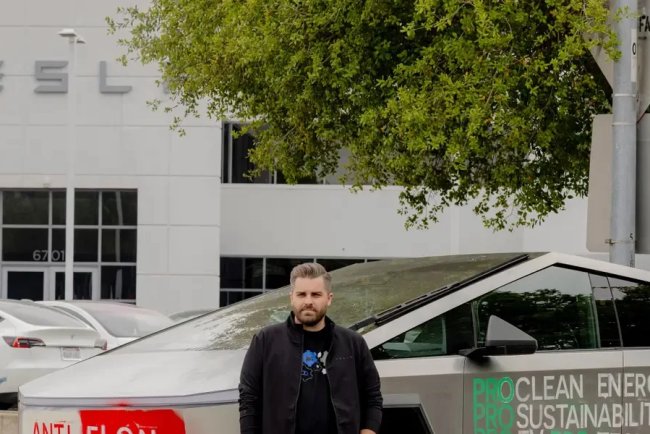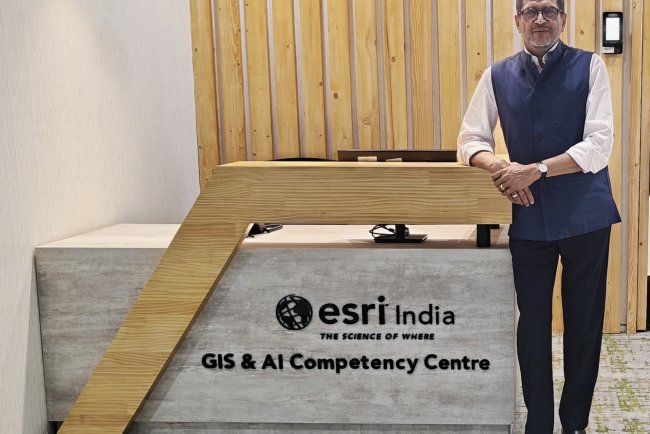Microsoft To Buy CO2 Credits From Norway CCS Project
Microsoft signs deal to buy 1.1M tons of CO2 removal credits from Norway’s waste-to-energy CCS project by 2039.

In a landmark deal that underscores the growing contribution of carbon removal technology to business sustainability strategies, Microsoft has signed a new carbon offtake agreement with Norwegian energy firm Hafslund Celsio in Oslo. Under the agreement, the technology company will purchase over 1.1 million tons of carbon removal credits over a ten-year period, generated through a ground-breaking carbon capture and storage (CCS) initiative at Norway's biggest waste-to-energy facility.
The plant in question is in Oslo's Klemetsrud district and treats 350,000 metric tons of residual waste on average each year. The sorted waste is subsequently incinerated to generate electricity and heat for the city. Carbon dioxide emissions are the result of the energy recovered from this process. The emissions are of both biogenic and fossil-based origins. Rotten paper, food residues, and other organic wastes are the biogenic sources. Fossil-based sources are mainly plastics and synthetic ones.
The new CCS scheme owing at the Klemetsrud power plant will aim to capture as much as 350,000 tonnes of CO₂ annually when it starts operation in 2029. Interestingly, nearly half of the captured CO₂ will be of biogenic origin and the remaining from fossil sources. The biogenic carbon captured only will be tradable as carbon credits because these represent net captures of carbon and not decreased emissions. But the fossil part of the emissions will be valuable as well by helping decrease the City of Oslo's yearly carbon footprint by 20%.
The CO₂, which will be captured, will be piped to the Northern Lights facility on the Norwegian continental shelf. At the facility, the gas will be stored away in a form of geological storage deep beneath the seabed. Northern Lights is an unprecedented open-source CO₂ transport and storage infrastructure that was developed in partnership with Equinor, Shell, and TotalEnergies.
Hafslund Celsio's CCS plant is part of the key elements of Longship, the Norwegian government's signature full-scale carbon capture and storage project. As the Longship project began its work in September 2020, it will allow the scalable CCS technology to be developed and give an example to other European waste-to-energy plants—there are over 500 of them on the continent. The project has been hailed as a major driver in the world's attempt to achieve Paris Agreement goals by cutting greenhouse gas emissions substantially using technology.
The deal was welcomed by Martin S. Lundby, chief executive of Hafslund Celsio, who was bullish about the broader implications of the deal. "The Microsoft deal is a significant contribution to the commercial viability of our carbon capture and storage project at Hafslund Celsio," he added. "Microsoft's acquisition is a ringing endorsement of our CCS project and illustrates the key role that the waste-to-energy industry can play in delivering lasting carbon removals."
For Microsoft, the transaction is merely the latest of a string of aggressive actions aimed at achieving its climate goals. The corporation has committed to going carbon negative by 2030 and reducing all the carbon it has ever emitted to zero by 2050. In moving toward these ambitious goals, Microsoft is now the world's largest corporate purchaser of carbon removal credits. The past week alone witnessed the company make two more multi-million-ton carbon removal deals cementing its place at the forefront of spearheading the commercialization of large-scale carbon dioxide removal technologies.
Brian Marrs, Microsoft Senior Director of Energy & Carbon Removal, cited the different benefits of the pact. "Hafslund Celsio's project is a waste-to-value carbon dioxide removal, and supplying Oslo with heat and enabling Norway to achieve its climate ambitions," he explained. "We thank Hafslund Celsio for taking the lead in Project Longship and are glad to see this project come to fruition."
Microsoft's partnership with Hafslund Celsio is also only one part of a broader business trend away from carbon offsetting in favor of solutions involving measurable and permanent CO₂ removal from the air. Whereas offsets have traditionally relied on temporary solutions such as planting trees, engineered solutions such as CCS provide long-term, science-driven reductions—particularly in sectors difficult to decarbonize.
In this deal, the two companies are positioning themselves at the vanguard of climate response. Not only does Hafslund Celsio's CCS trailblazer plant help Norway reach its own domestic climate goals, but it also raises the bar for such plants globally. At the same time, Microsoft's strategic investments in permanent carbon removal technology are evidence of a long-term commitment to environmental stewardship that would put other corporations in motion.
While the world hurries to decarbonize and avoid the worst of climate change, such partnerships between industry captains and energy innovators can very well prove to be the tipping point that turns the corner towards a brighter future.
What's Your Reaction?

















